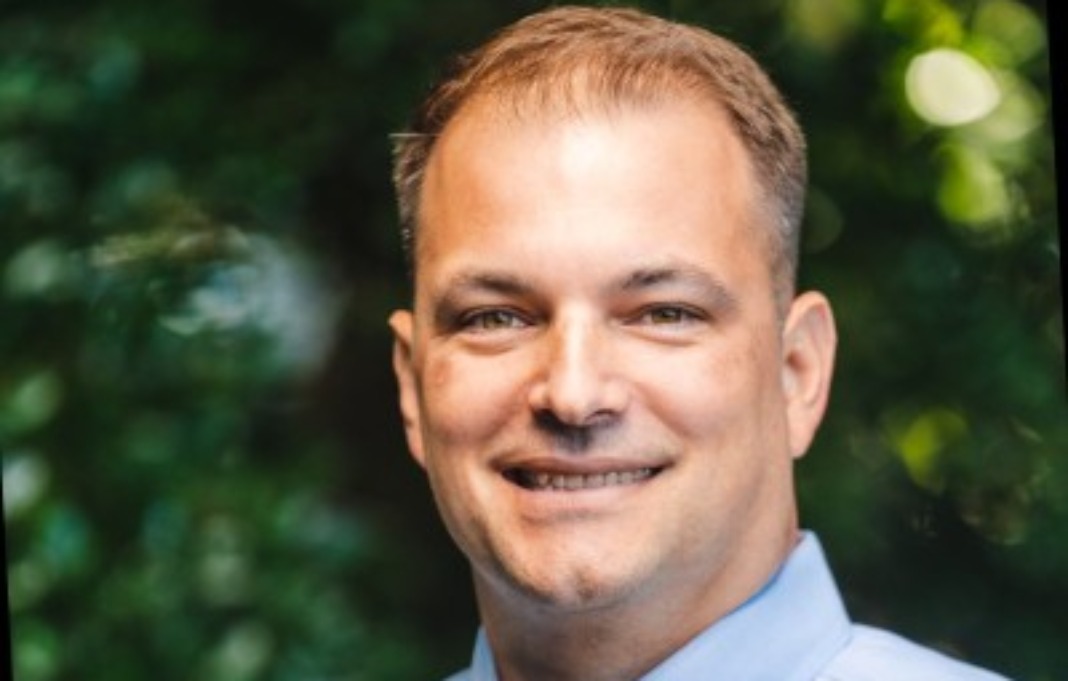For Twiddy & Co., investments in sustainability are crucial, says CFO Mike Wilson.
The vacation rental business based in Duck, North Carolina, serves the state’s Outer Banks. Since opening 45 years ago, the family-owned company has grown to partner with more than 1,000 homes and welcomes hundreds of thousands of guests annually to the area. Twiddy & Co. employs about 150 full-time employees, which grows in season to about 300.
Finance chiefs have plenty of priorities, notes Wilson, who previously worked in finance for Capital One and Dominion Energy. But if they aren’t working on sustainability, they aren’t having a “true impact.”
Why is sustainability so critical to your company?
Even though we’ve seen a decrease in public companies mentioning sustainability investments in their earnings calls, it doesn’t notably change things for us as a private company. We believe it’s imperative to make sustainability investments through the cycle in order to make a true impact.
For example, we invest in workforce housing for our employees, which is a “through the cycles” type of investment. In order to best reap the returns, such as the company getting a strong, dedicated and healthy workforce by being able to work nearby, continued investment is critical.
I would encourage my fellow CFOs, both of public and private companies, to consider what continued sustainability investments they can make that will benefit their workforce as well as the bottom line.
What do CFOs need to know about investing in sustainability initiatives?
It’s important to consider investing in sustainability initiatives as a part of the business model—especially as studies have shown companies that do so are more likely to outperform their peers in the long run.
To evaluate its success, balance the short-term bottom-line cost with long-term impact. That approach is especially important when presenting opportunities to other C-level members and boards of directors—assess the qualitative return on experience in addition to a quantitative ROI.
CFOs must find a way to tie sustainability initiatives back to the company’s mission and business model, and they need to create a business case of benefits—even if they are considered “soft” benefits. This can help the rest of the C-Suite understand why this is important.
It’s also important to keep in mind that sustainability investments are increasingly a priority for younger generations. As more consumers are engaged in social impact, especially Gen Zers, companies are increasingly evaluated by the actions they take for future generations.
How do you balance investing in the company and its growth, while preparing for a potential economic downturn?
I recommend investing in people, processes and technology that will drive returns on business efficiency and customer experience. Those are investments that will pay dividends even in the face of a potential economic downturn.
Additionally, building up a reserve on the balance sheet, a “rainy day” fund so to speak, can also be a wise decision if not already implemented. This mindset can factor into potential decisions as well.
For example, if there is an acquisition opportunity with an unclear return, but there is also an opportunity to automate a manual process or reorganize data in a way that makes it more comprehensive and real-time, it may be better to invest in the latter opportunities that offer a more guaranteed return versus a more speculative investment.
The same can be said of bringing a product or service to a new market: Is the anticipated return from that less guaranteed than perhaps refining that product or service to better serve the current market? I encourage companies to look at various scenarios when reviewing which investments are best for a company to make while preparing for a potential economic downturn.
From pandemics to recessions to weather occurrences, how can CFOs expect the unexpected, especially as they plan for 2024?
There’s a saying that the best time to plant a tree was 20 years ago—the second-best time is now. This also ties into the conversation of sustainability investments.
More broadly, if you have not started planting seeds for anticipating variations in market cycles, take some time to do so. If anything, the past three years have taught us to expect the unexpected. Having a reserve built up on the balance sheet helps if there are events that can pose sudden challenges, from supply chain difficulties to overall economic conditions to weather occurrences.
Smart investments can permeate the value stream and act as a hedge against future uncertainty. Goodwill shows up on the balance sheet, and in the minds of your employees, customers and stakeholders, making it an asset that can be deployed in tumultuous times.








